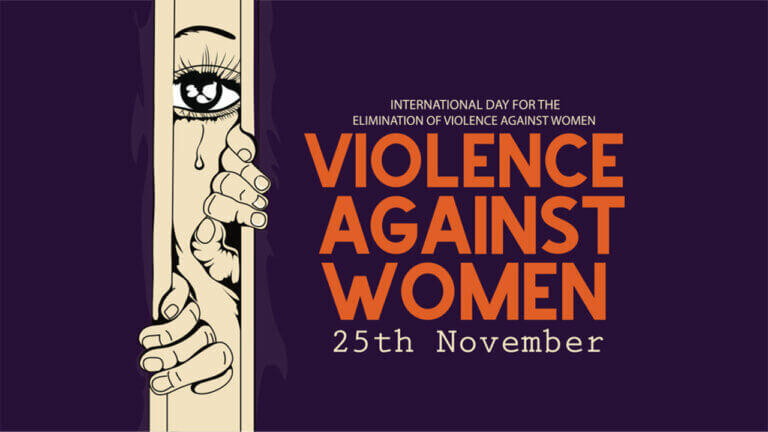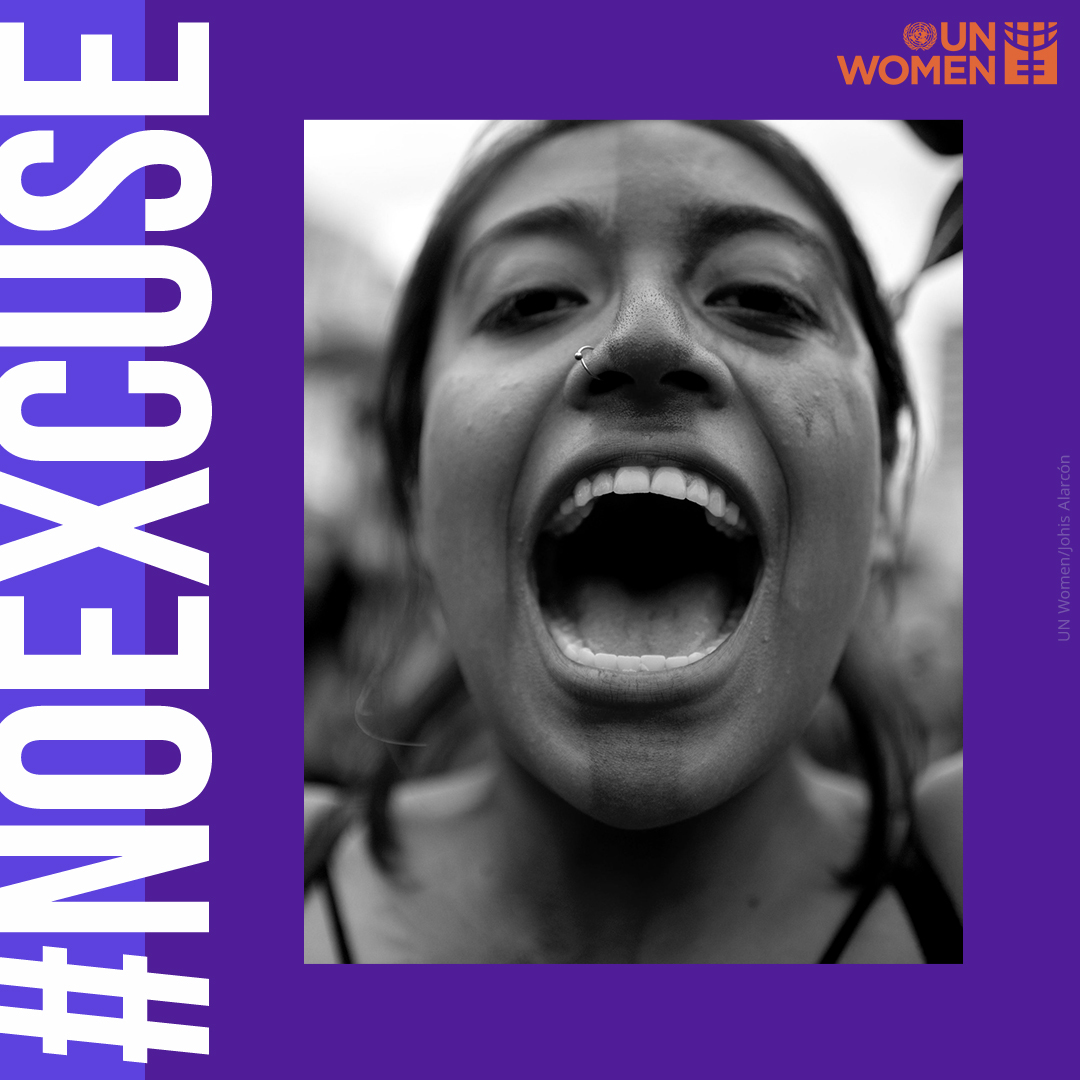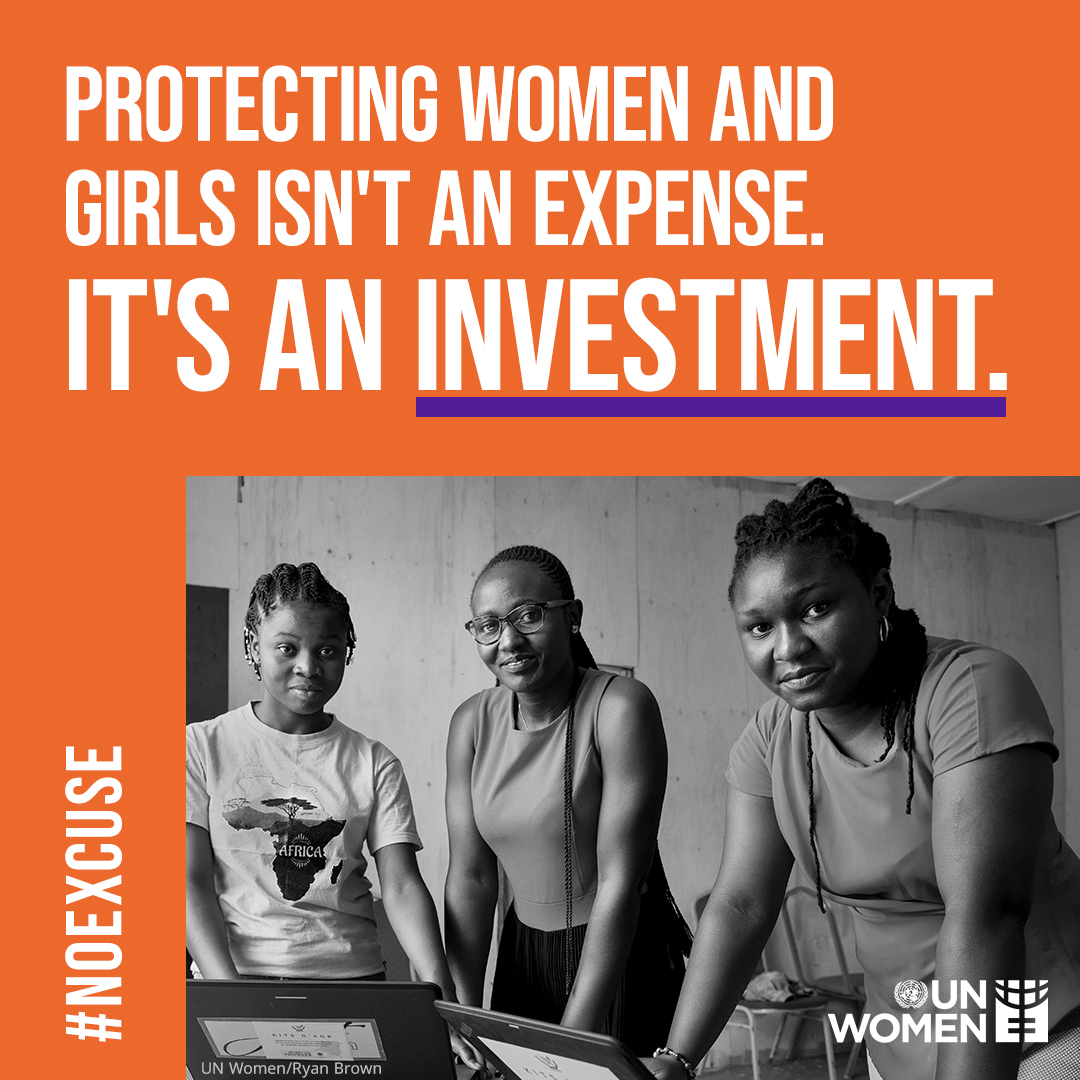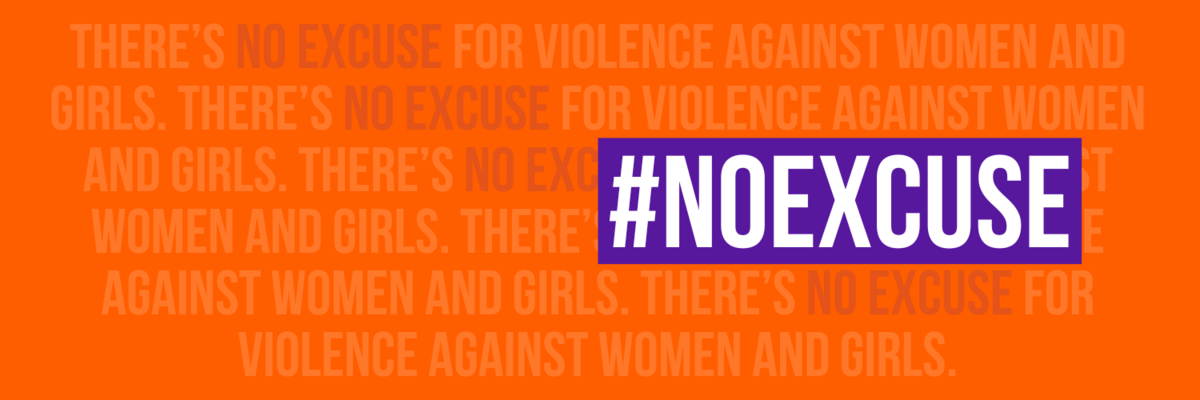
Authors
Ummi-Rahmat Ahmed Abubakar, Student, Emergency Obstetric &Quality of Care Unit, LSTM
Dr Fiona Dickinson, Emergency Obstetric &Quality of Care Unit, LSTM
Professor Charles Ameh, Emergency Obstetric &Quality of Care Unit, LSTM

The International Day for the Elimination of Violence against Women on 25th November 2023 marks the start of 16 Days of Activism, promoted by the United Nations, to raise awareness of the health and social consequences of violence against women and to strengthen the commitment to collective action. The annual campaign spans the period between the International Day for the Elimination of Violence against Women and Human Rights Day (10th December), with a key objective to advocate for the prevention and eradication of violence against women and girls in all its manifestations. This year, the theme of the 16 Days is: UNITE! Invest to Prevent Violence Against Women and Girls! #No Excuse, and draws attention to the role every one of us has, to advocate for change.
Understanding violence against women
The United Nations defines violence against women as “any act of gender-based violence that results in, or is likely to result in, physical, sexual, or mental harm or suffering to women, including threats of such acts, coercion or arbitrary deprivation of liberty, whether occurring in public or in private life” (WHO, 2021).
Stark data from the UN shows that globally more than 5 women or girls are killed every hour by someone in their own family, almost 1 in three women have been subjected to physical and or sexual violence at least once in their life, and 86% of women and girls live in countries without legal protection against gender-based violence (UN, 2023).
The factors associated with violence against women may include: lower levels of education, a history of exposure to child maltreatment; witnessing family violence; harmful masculine behaviours, including having multiple partners or attitudes that condone violence; harmful use of alcohol; and community norms that privilege or ascribe higher status to men and lower status to women (WHO, 2021).
Why is it important?

The International Day for the Elimination of Violence Against Women is important because it not only sheds light on a critical issue but also serves as a catalyst for positive change, advocating for a world where women can live free from violence and discrimination. This will benefit individuals by fostering healthier relationships and contributing to society’s well-being and progress.
The scope of violence against women extends across diverse settings, including homes, workplaces, and communities, as well as conflict zones, and affects women of all ages, backgrounds, and social statuses. Within the Emergency Obstetric & Quality of Care Unit at LSTM, we are looking into the prevalence of domestic abuse among pregnant and postpartum women, their perceptions of screening and support they receive during their ANC/PNC visits, and views of healthcare providers. The outcomes from the research will be used to inform targeted interventions, support systems, and policy changes to address this significant public health concern.
What needs to be done?
In 2006, UN Women (a United Nations entity dedicated to gender equality and the empowerment of women) established a global database to collate the actions taken by governments to address violence against women and girls. The Global Database on Violence Against Women identifies effective policy responses to prevent and address violence against women around the world (WHO, 2021). This is supported by the seven-fold RESPECT strategy, which includes a range of interventions for low and high-resource settings such as empowering women, ensuring necessary services and reducing poverty.
Conclusion
As we work towards the elimination of violence against women, let us remember that change begins with individuals and ripples outward to shape communities and societies. Each step taken, each conversation started, and each barrier dismantled is a stride towards a future where every woman can live without the shadow of violence. This future upholds the inherent dignity and rights of all. Together, we can create a world where women are not only free from violence but are empowered to lead lives full of opportunity, respect, and equality.
